Supreme Court Recognizes Rights of Surrogate Mothers to Post-Birth Support
- ByAdmin --
- 02 Jun 2025 --
- 0 Comments
In a landmark ruling, the Supreme Court of India has recognized the rights of surrogate mothers to receive post-birth support, a move that redefines the legal framework surrounding surrogacy in the country. This decision has broad implications for maternal welfare, child rights, and the legal dynamics of assisted reproduction.
The Context of Surrogacy in India
Surrogacy, regulated under the Surrogacy (Regulation) Act, 2021, has been a contentious issue in India, balancing ethical concerns, parental rights, and surrogate welfare. The Act permits altruistic surrogacy while prohibiting commercial surrogacy. It mandates comprehensive safeguards for surrogate mothers but has faced criticism for its limited provisions regarding post-birth support.
Key Provisions of the Ruling
- Right to Post-Birth Medical Care: The Supreme Court emphasized that surrogate mothers are entitled to comprehensive post-birth medical care under Article 21 of the Indian Constitution, which guarantees the right to life and personal liberty.
- Financial Support Beyond Delivery: The Court mandated that intended parents are legally obligated to provide financial support to the surrogate mother for a reasonable post-birth period to ensure recovery and stability. This extends the interpretation of Section 35 of the Surrogacy (Regulation) Act, 2021, which governs surrogate compensation.
- Psychological Counseling: Recognizing the emotional toll of surrogacy, the judgment includes provisions for mandatory psychological counseling for surrogate mothers post-delivery, citing the Mental Healthcare Act, 2017.
Implications of the Ruling
For Surrogate Mothers:
- Enhanced Protections: Surrogate mothers now receive legal assurance for continued support, reducing exploitation and ensuring their holistic welfare.
- Healthcare Improvements: Access to better post-birth medical care improves overall maternal health outcomes.
For Intended Parents:
- Expanded Responsibilities: This ruling underscores the ethical obligations of intended parents, ensuring they partake in the surrogate mother’s well-being beyond childbirth.
- Legal Clarity: The judgment provides clearer guidelines for intended parents, reducing potential legal disputes.
For Society:
- Promotion of Altruistic Surrogacy: Enhanced protections may encourage altruistic surrogacy by addressing prevalent concerns of exploitation.
- Strengthened Rights Framework: The ruling aligns with global human rights standards, setting a precedent for improved maternal care in India.
Challenges and the Way Forward
- Implementation: Effective enforcement mechanisms are required to translate this ruling into tangible benefits for surrogate mothers. The involvement of health authorities and legal bodies will be pivotal.
- Awareness: Educating stakeholders, including intended parents and healthcare providers, about these changes is critical for compliance and advocacy.
- Monitoring and Accountability: Establishing a robust monitoring framework to oversee adherence to these provisions will be essential to mitigate potential misuse.
Relevant Legal References
- Constitution of India:
- Article 21: Right to life and personal liberty.
- Article 14: Right to equality, ensuring non-discrimination in access to healthcare and support.
- Surrogacy (Regulation) Act, 2021:
- Section 35: Provisions related to surrogate compensation.
- Mental Healthcare Act, 2017:
- Section 18: Right to access mental healthcare services.
Conclusion
The Supreme Court’s decision marks a pivotal shift in India’s approach to surrogacy, emphasizing the need for a humane and equitable framework. By recognizing the rights of surrogate mothers to post-birth support, the judgment fosters an environment of dignity and care. It underscores the importance of balancing parental aspirations with the welfare of those who make parenthood possible, setting a progressive precedent for reproductive rights in India.







































































































































































































































































































































































































































































































































































































































































































































































































































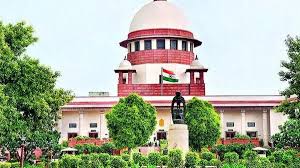














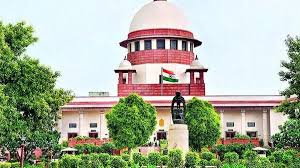








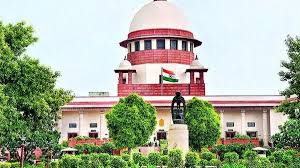


















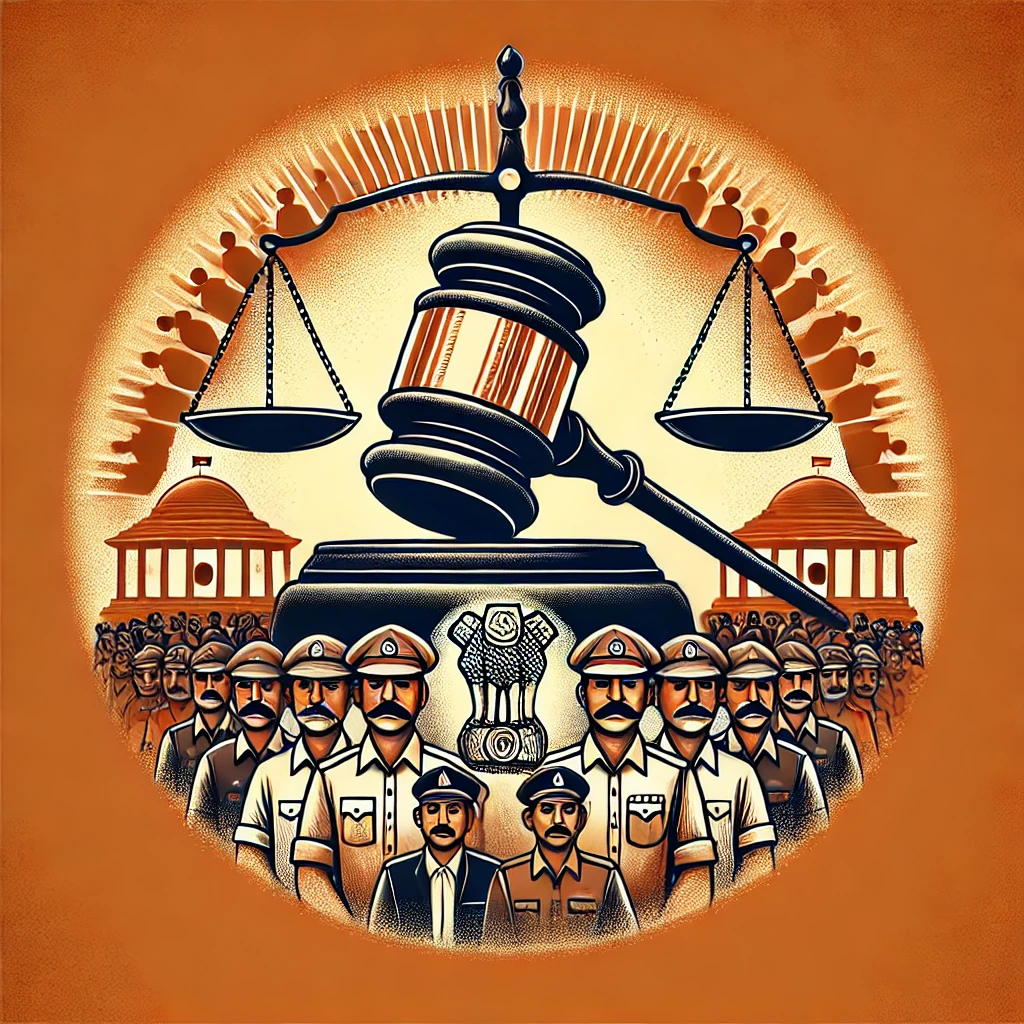


















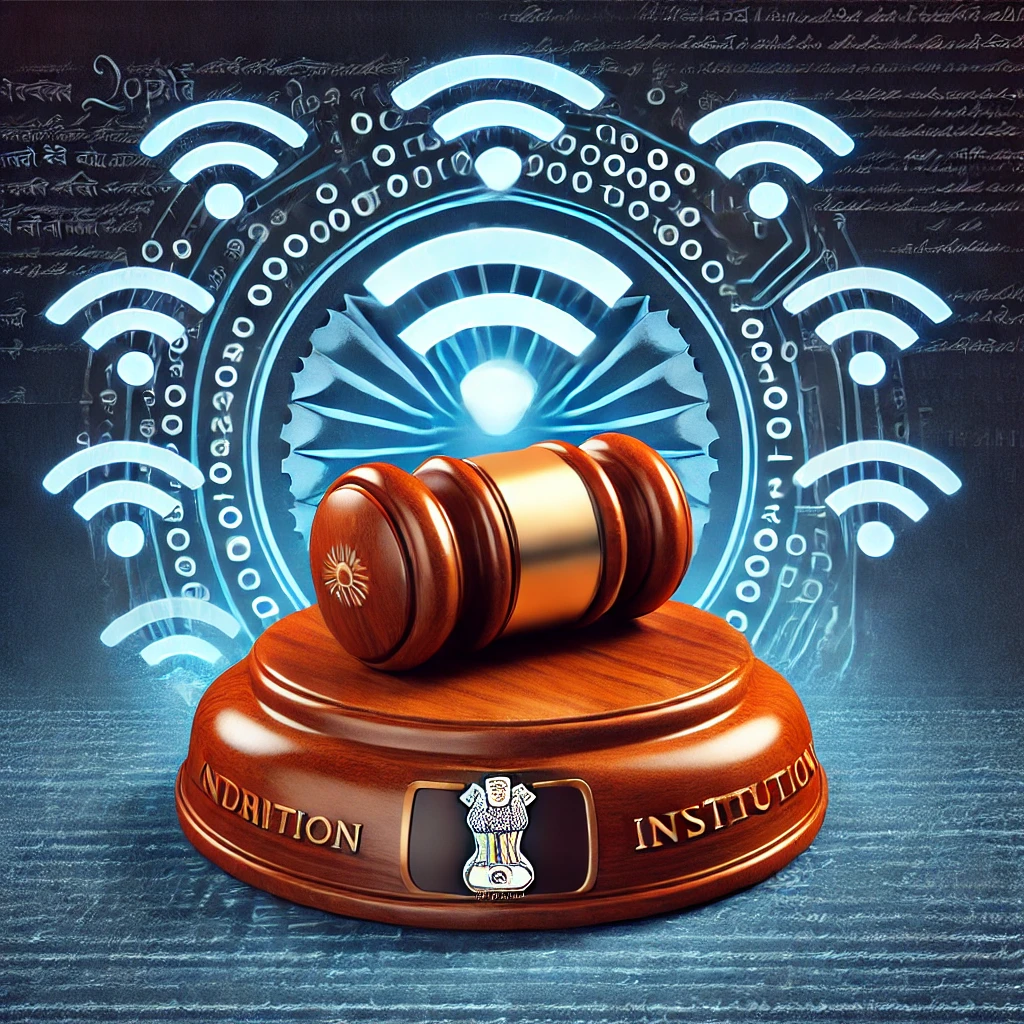


























0 comments